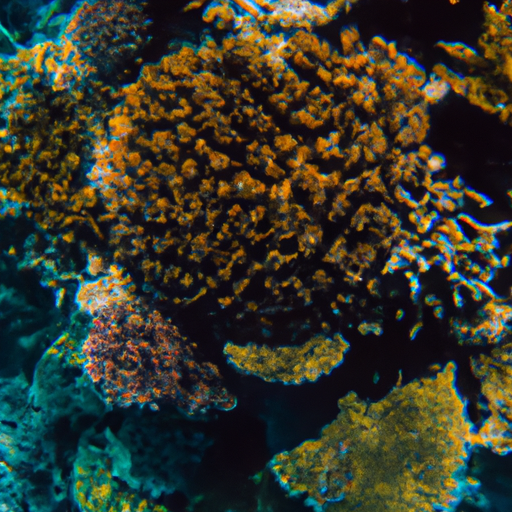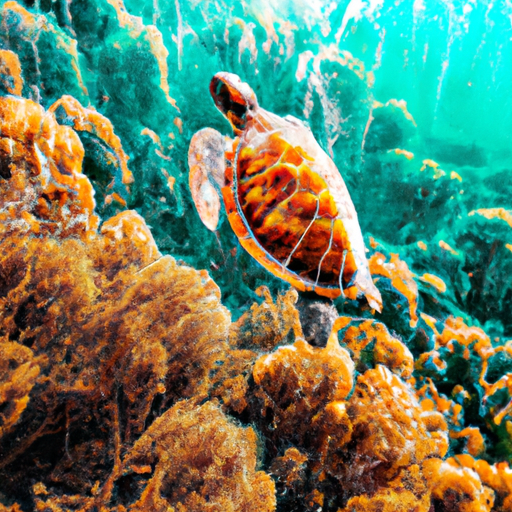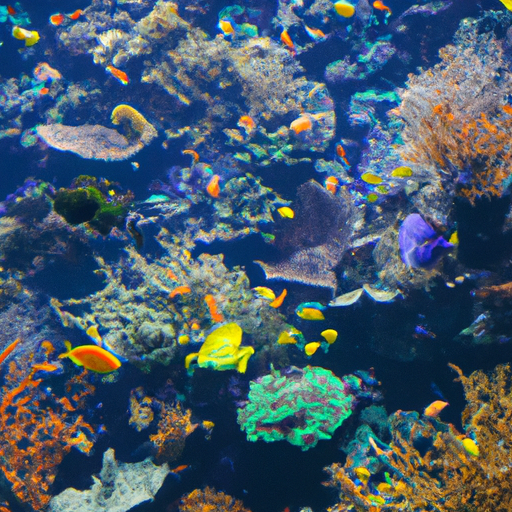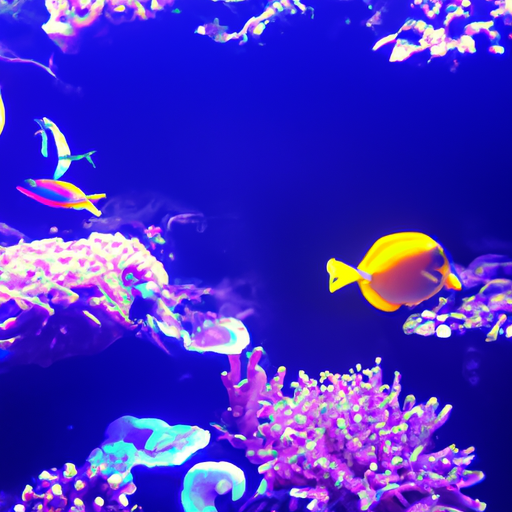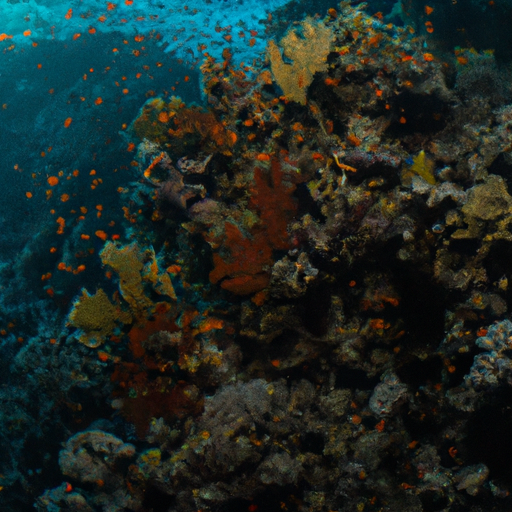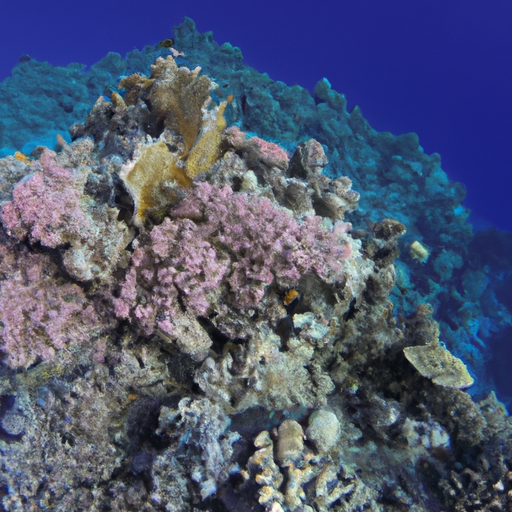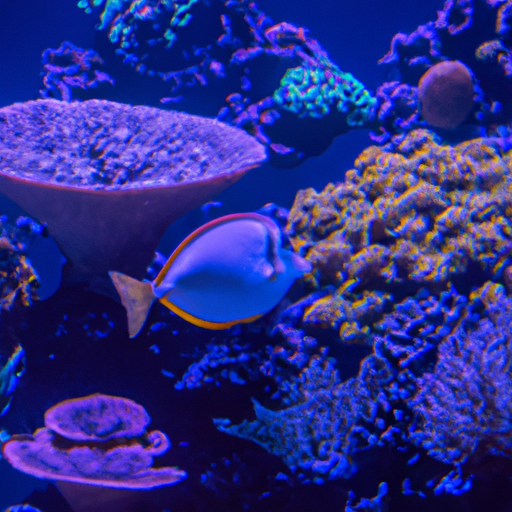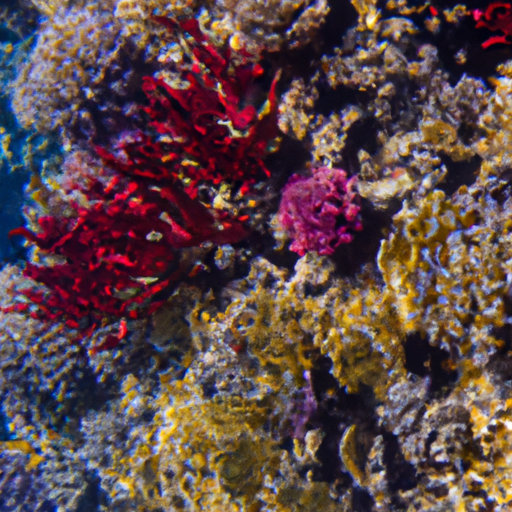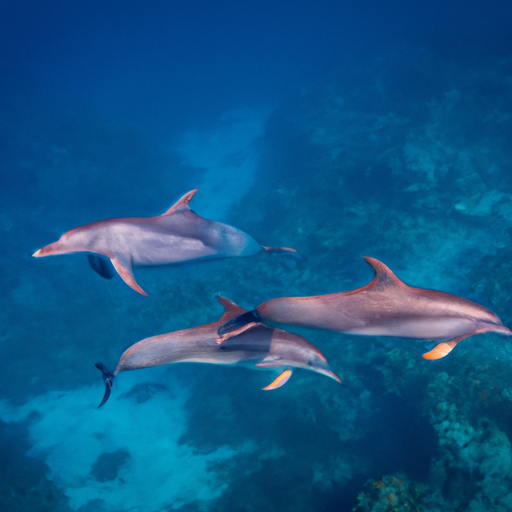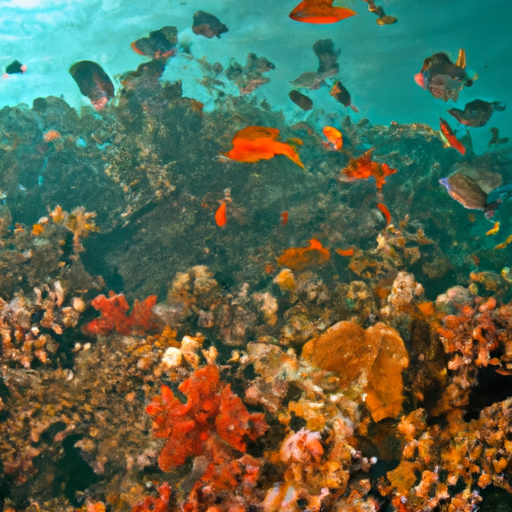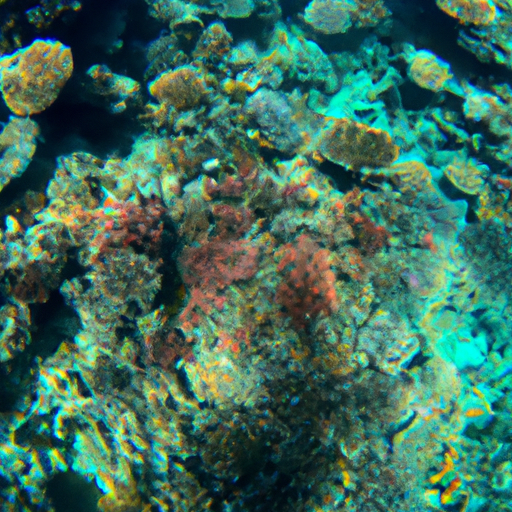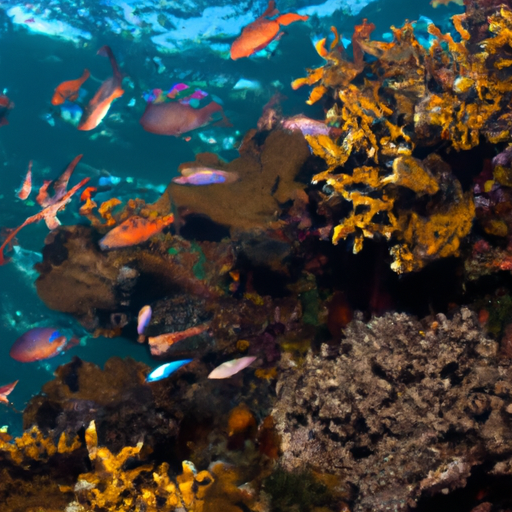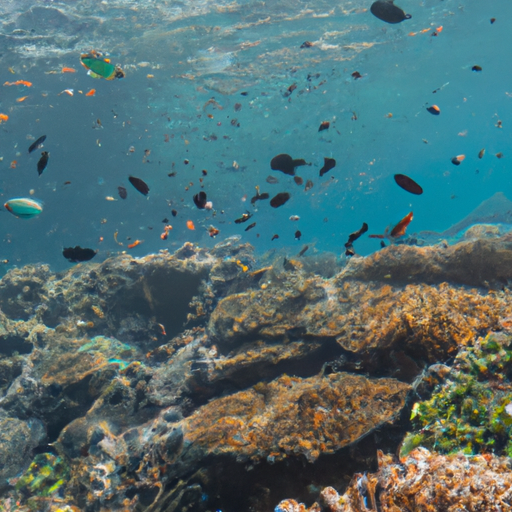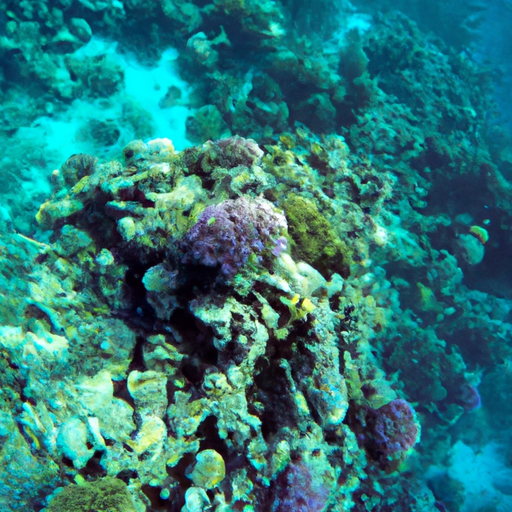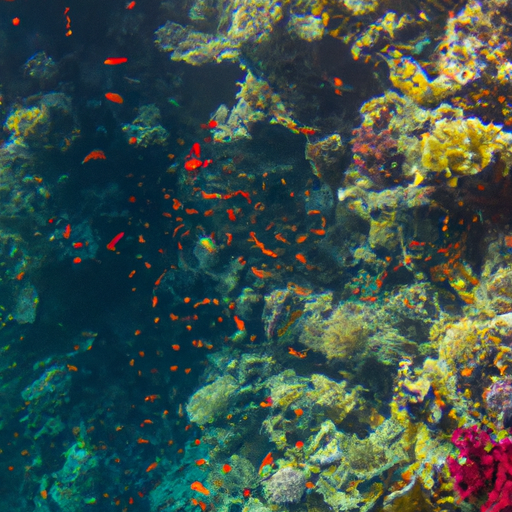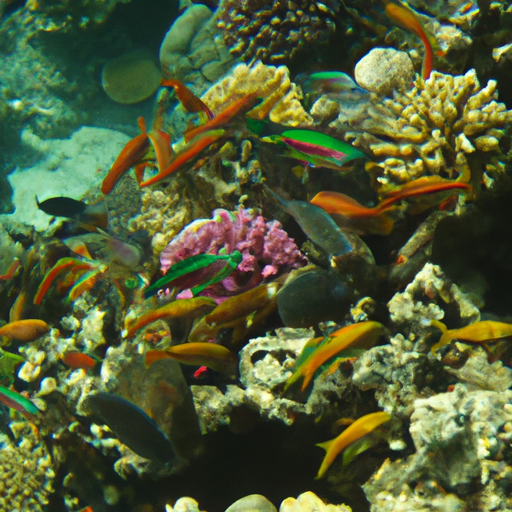“The Exploration of Marine Ecosystems: Revealing the Wonders of the Sea”
The world’s oceans are a hub of diverse and fascinating marine life that is still largely unexplored. Scientists and researchers are continuously making new discoveries about the mysteries of marine ecosystems. Marine organisms have developed unique strategies to survive in challenging conditions, from the deepest trenches to the shallowest coral reefs. Technological advancements have allowed researchers to explore previously inaccessible areas of the ocean and capture stunning imagery of deep-sea creatures and their habitats. The discovery of hydrothermal vents and their unique ecosystems has challenged our understanding of life’s requirements. The role of marine biodiversity in maintaining healthy ecosystems and the impact of human activities on marine life are also areas of significant study. By studying these ecosystems, scientists hope to develop effective conservation strategies to protect their remarkable biodiversity.

